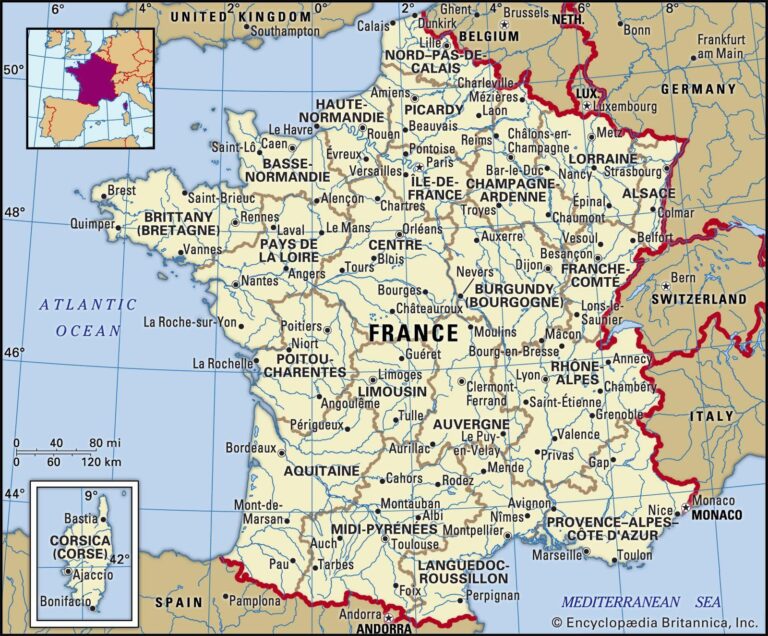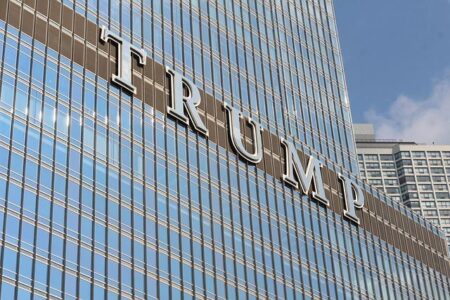A political firestorm has ignited in France as President Emmanuel Macron moves toward officially recognizing Palestinian statehood, sparking heated debate over national symbols and foreign policy. The controversy centers on the display of the Palestinian flag at public events and government buildings-a gesture seen by supporters as a step toward solidarity, but condemned by opponents as divisive and provocative. As Macron prepares to formalize recognition, the escalating “flag spat” reflects deeper tensions within France’s society and diplomatic circles over the Israeli-Palestinian conflict.
Flag Controversy Sparks Deep Political Divisions in France Amid Macron’s Controversial Move
The decision by President Emmanuel Macron to publicly support the recognition of a Palestinian state has ignited a fierce debate across the French political spectrum. The controversy reached a fever pitch when the French government authorized the temporary hoisting of the Palestinian flag on select public buildings, a symbolic act praised by some as a gesture of solidarity but decried by others as a provocative move threatening France’s diplomatic neutrality in the Middle East. Opposition parties have seized upon the issue to challenge Macron’s foreign policy, accusing him of alienating key allies while undermining national unity.
Amidst the turmoil, public opinion remains sharply divided, with protesters both supporting and condemning the flag gesture. Key points of contention include:
- Sovereignty Concerns: Critics argue the gesture infringes on France’s neutrality and could complicate relations with Israel and other partners.
- Human Rights Advocacy: Supporters emphasize the move as a necessary acknowledgment of Palestinian self-determination and humanitarian issues.
- Political Ramifications: The flag dispute has become a focal point for broader criticisms of Macron’s leadership during an election year.
| Group | Position | Key Argument | |||||||||||||||||||||||||||||||||||||||
|---|---|---|---|---|---|---|---|---|---|---|---|---|---|---|---|---|---|---|---|---|---|---|---|---|---|---|---|---|---|---|---|---|---|---|---|---|---|---|---|---|---|
| Government | Supportive | Symbolic step for peace | |||||||||||||||||||||||||||||||||||||||
| Right-Wing Opposition | Opposed | Threat to diplomatic neutrality |
| Group | Position | Key Argument | ||||||||||||||||||||||||||||||
|---|---|---|---|---|---|---|---|---|---|---|---|---|---|---|---|---|---|---|---|---|---|---|---|---|---|---|---|---|---|---|---|---|
| Government | Supportive | Symbolic step for peace | ||||||||||||||||||||||||||||||
| Right-Wing Opposition | Opposed | Threat to diplomatic neutrality |
| Aspect | France’s Recognition | Potential EU Impact |
|---|---|---|
| Diplomatic Shift | Significant | Encourage member states’ active engagement |
| US-EU Relations | Strain due to policy divergence | Calls for strategic recalibration |
| Middle East Peace Process | Renewed momentum | Potentially fragmented EU support |
Recommendations for Balancing National Sentiment and International Commitments in French Foreign Policy
France’s foreign policy must navigate the delicate balance between honoring national sentiment and fulfilling international obligations. To foster domestic cohesion while maintaining France’s standing on the global stage, it is essential that policymakers engage in inclusive dialogue with diverse community stakeholders. This involves transparent communication about the implications of foreign policy decisions, especially those as sensitive as the recognition of new state entities. By fostering an environment where national pride and international responsibility coexist, the government can mitigate polarization and reinforce France’s role as a principled actor in global affairs.
Furthermore, strategic diplomacy anchored in clear frameworks can help reconcile competing pressures. France should implement a set of guiding principles aimed at:
- Respecting historical alliances and existing diplomatic commitments
- Promoting human rights and international law as pillars of foreign engagements
- Encouraging multilateral consultation to prevent unilateral decisions from triggering domestic or foreign backlash
- Balancing symbolic gestures with pragmatic policy measures for sustainable peace
| Key Factor | Policy Approach | Expected Outcome | |||
|---|---|---|---|---|---|
| National Identity | Promote civic education & national unity | Reduced internal divisions | |||
| International Obligations | Align recognition policies with UN resolutions |
| Key Factor |
Policy Approach |
Expected Outcome |
|
| National Identity | Promote civic education & national unity | Reduced internal divisions | |||
| International Obligations | Align recognition policies with UN resolutions | Enhanced global credibility and legal consistency |
If you need any additional rows or further edits, feel free to ask!
To Wrap It Up
As tensions continue to mount, France’s handling of the flag dispute and President Macron’s anticipated recognition of Palestinian statehood underscore the complexities of balancing domestic political pressures with international diplomatic objectives. The coming weeks will be critical in determining how this move reshapes France’s role in the Middle East peace process and its relationships with both Palestinian and Israeli stakeholders. Observers will be watching closely as the situation unfolds, highlighting the enduring sensitivity surrounding national symbols and geopolitical recognition in a deeply divided region.




